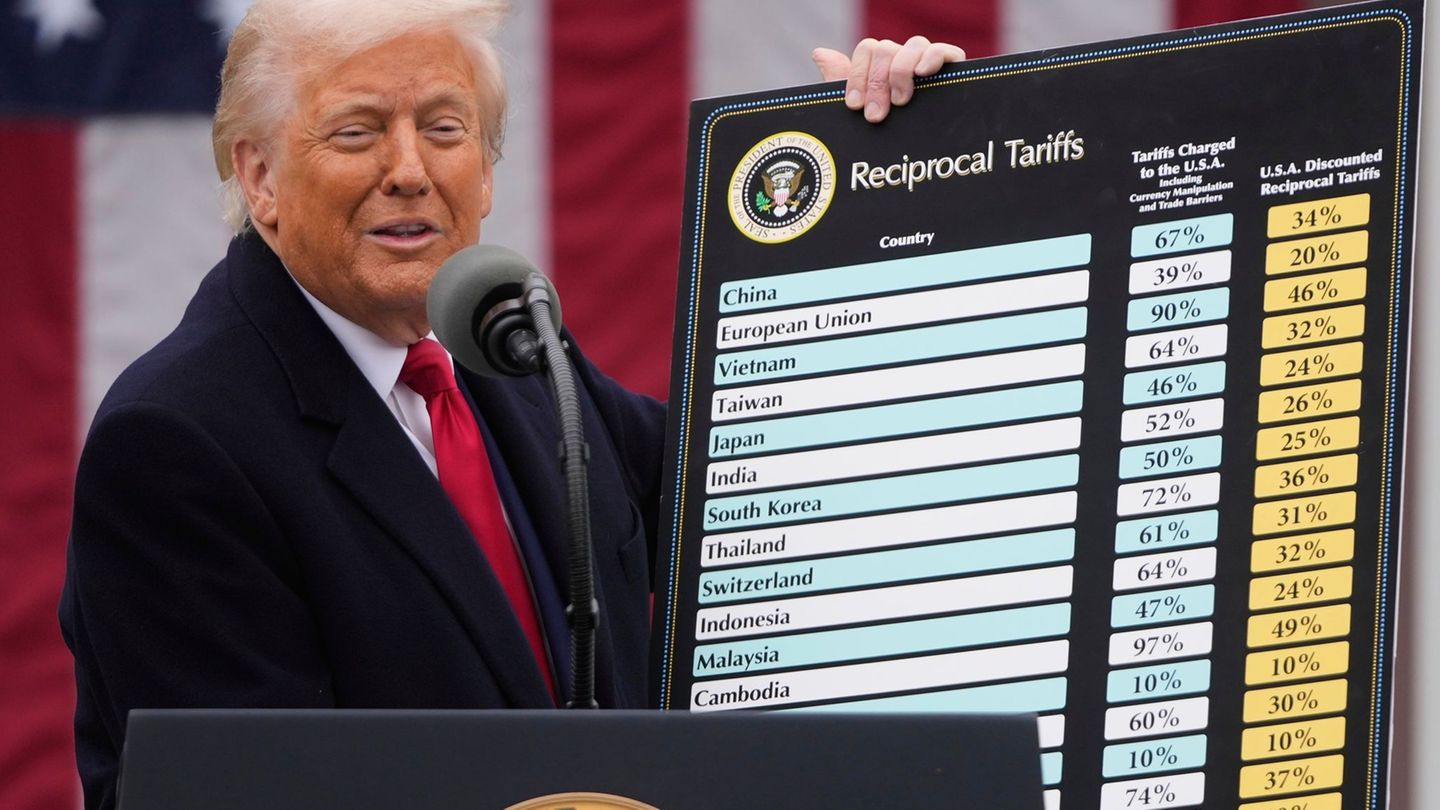According to the Federal Reserve of the USAalmost the twenty% of adults in that country were economically affected by natural disasters last year, reflecting an increase of almost 50% compared to 2002.
The Fed’s annual report on the economic well-being of households revealed that 19% of adults reported having been economically affected by natural disasters or severe weather eventssuch as floods and forest fires, in the last 12 months.
The greatest changes were recorded in the west of the country, where the percentage of people who reported having suffered a financial impact from natural disasters almost doubled. In the South, which includes hurricane-prone states like Florida, nearly a quarter of all respondents said they had been economically affected by natural disasters, while only 13% did so in the Northeast.
The problem with home insurance in the United States
In its report, the Federal Reserve noted that some of the people most at risk of natural disasters also had less likely to have homeowners insurance.
“Homeowners with lower incomes, those living in the South, and those who have already been financially affected by a natural disaster were less likely to have home insurance,” the report found.
The number of American adults doing well financially remained relatively unchanged at 72% in 2023, although the figure hides something important: Among parents living with children under 18, only 64% stated that their economic situation was at least goodfive percentage points less than in 2022.
The report also highlighted that childcare accounts for a “substantial portion of the family budget for parents who use paid childcare,” as it is often cost an amount equivalent to 50% to 70% of what parents spend each month on housing.
Inflation remained Americans’ top financial concern in 2023, the Fed said, despite a sharp moderation in price growth since 2022, when it hit a multi-decade high.
More than a third of Americans reported inflation as a financial challenge, with many respondents citing the cost of groceries as a concern.
The US urged the EU to raise tariffs on products from China
The US Secretary of the Treasury, Janet Yellenexpressed this Tuesday that the United States and Europe had to respond to the China’s industrial policies in a “strategic and united way” to maintain the factory viability on both sides of the Atlantic. Specifically, he has urged the Old Continent to join the repression of Chinese exports that the Biden administration launched just a week ago with a new battery of tariffs.
He said this in a speech he gave in Germany, where he received the honorary title of the Frankfurt School of Finance and Management, which he has taken the opportunity to warn that an excess of cheap Chinese products could threaten the survival of factories around the world.
According to Yellen, the US and its Western allies must react jointly to the China’s growing manufacturing power or else they will put their own industries at risk.
“China’s industrial policy may seem remote as we sit here in this room, but if we do not respond strategically and unitedly, “The viability of companies both in our countries and around the world could be at risk”the Treasury Secretary has insisted.
The US approved an increase in tariffs on China
Yellen’s words come just a week after Joe Biden approved an increase in tariffs on imports of products from China worth $18 billion. As explained by the White House, the new measures will affect electric cars, semiconductors, solar panels, lithium batteries, port cranes and medical products coming from the Asian giant.
That further raised the tension between both economies, to the point that China denounced US protectionism and warned that it will defend its interests. The new war that Washington and Beijing seem to have started could spill over into Europe, which for the moment prefers to remain in the middle.
In fact, the president of the European Commission, Ursula von der Leyen, has already said that will not join the United States in raising tariffs, but Brussels will take a different approach. “We want competition, we want to trade together, but we want it to be fair and respect the rules,” Von der Leyen also noted in statements to the ‘Financial Times’ this Tuesday before Yellen’s speech.
Source: Ambito




